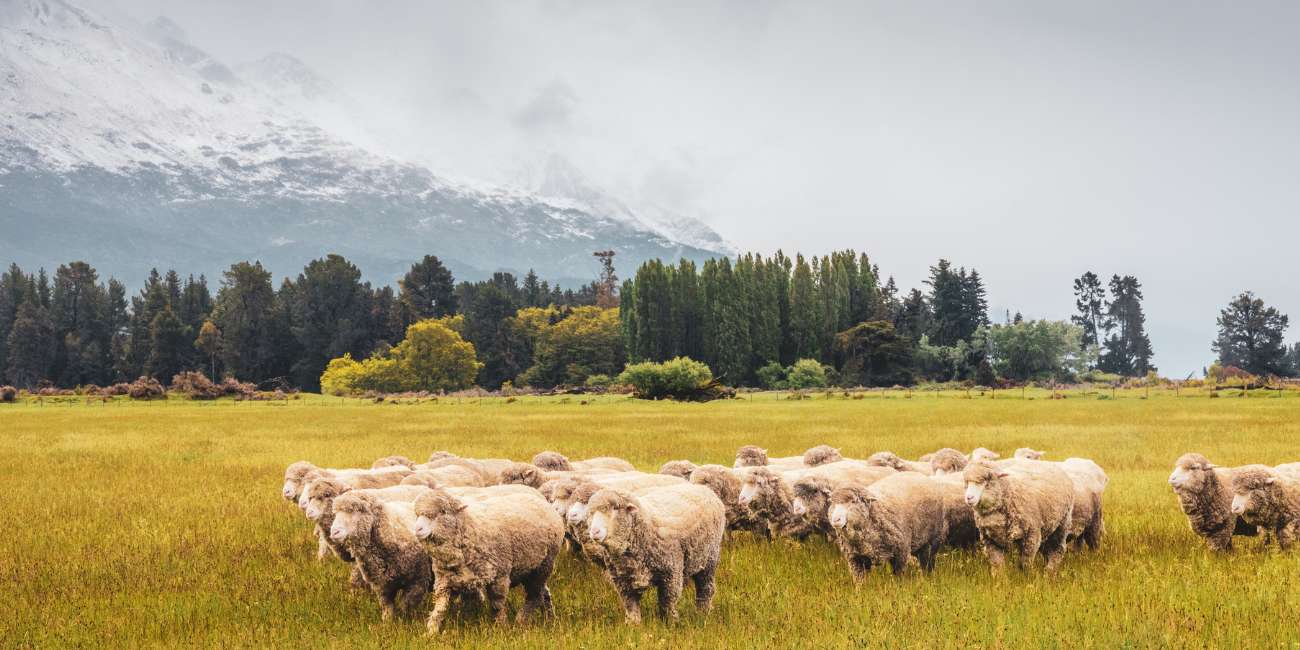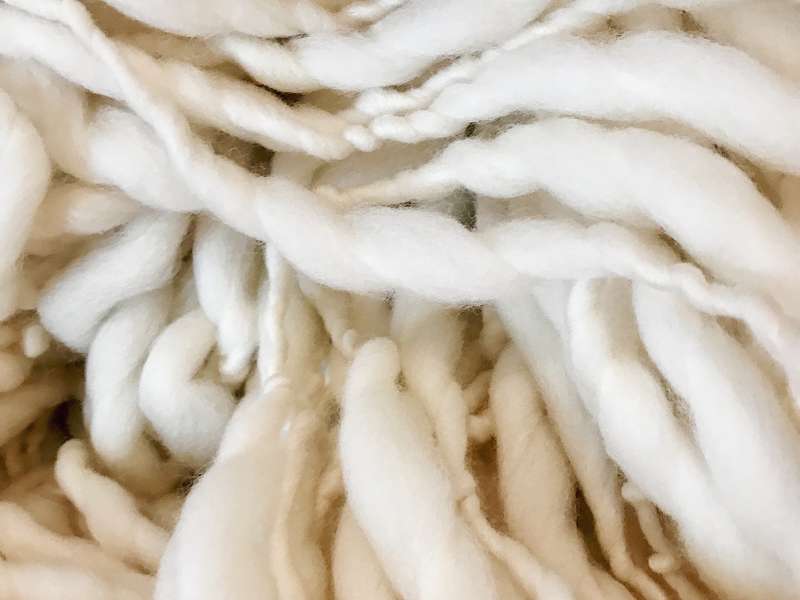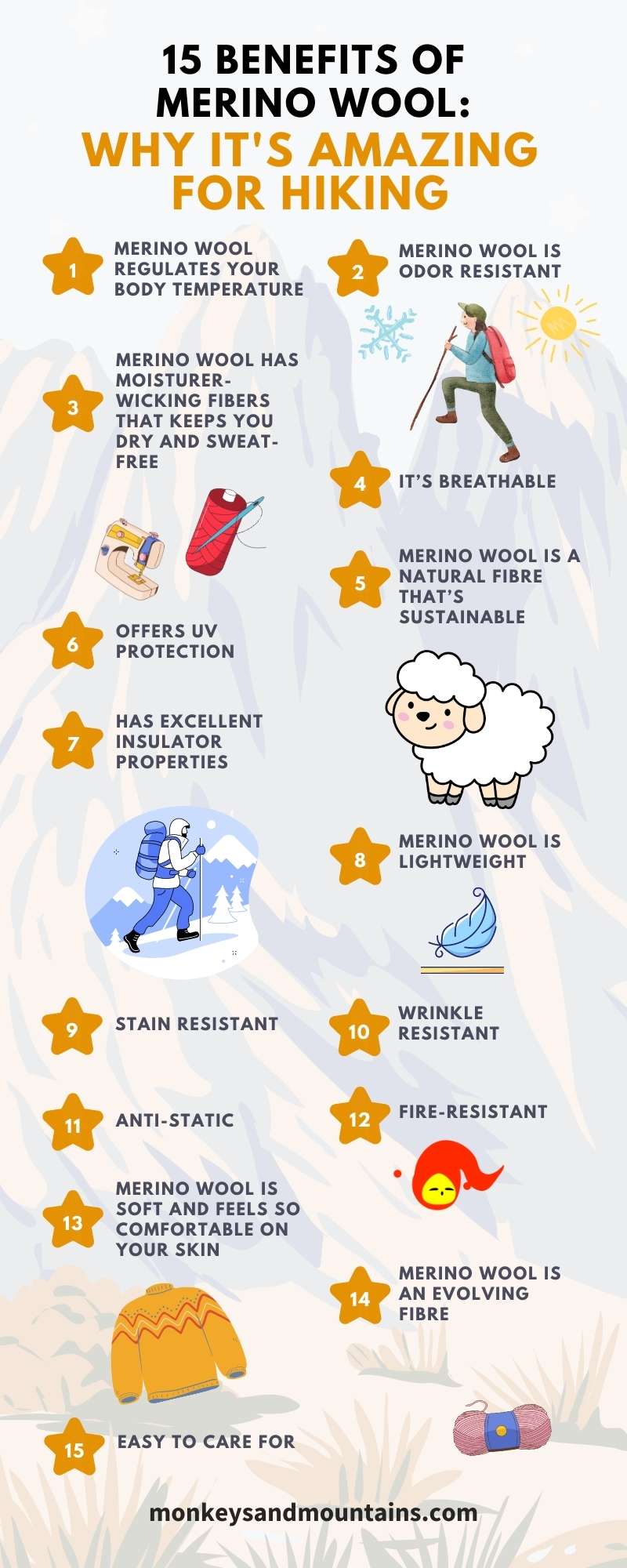Seasoned outdoors lovers choose merino wool as their go-to fabric. You won’t believe all the incredible benefits of merino wool.
Table of Contents
This performance fabric has been an all-star in the hiking world for years! I resisted wearing it for years. When I thought of wool, I thought of an oversize super itchy sweater made of regular wool. I didn’t realize that Merino wool was so different and couldn’t have been more wrong.
Traditional wool is very different from Merino wool.
Not only is Merino wool not itchy, but it’s also super soft. You’ll find a variety of Merino wool products, from Merino socks, hiking underwear to shirts . While it’s commonly worn as a base layer, you can also wear it on its own.
If you’ve had reservations about wearing Merino Wool hiking, then read on to see why many hikers I know and I are in love with this miracle fabric and the many benefits of merino wool.
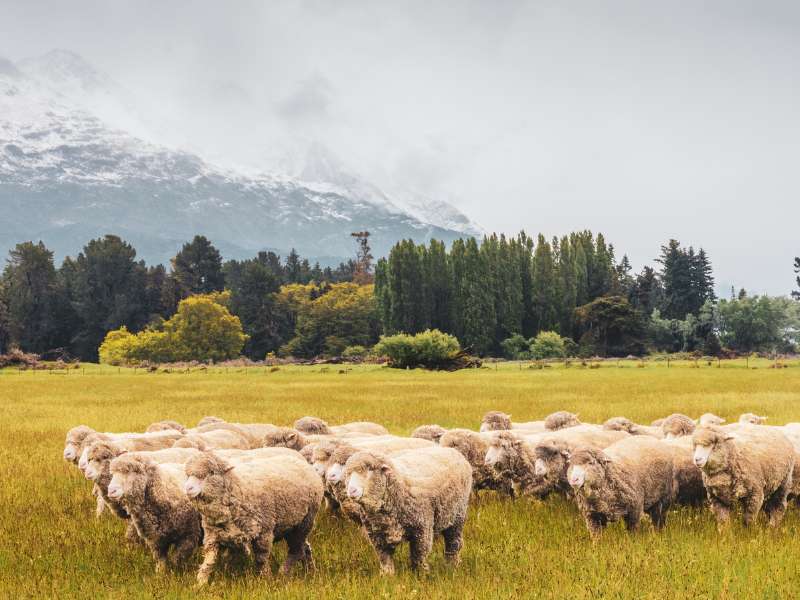
15 Benefits of Merino Wool and Why It’s the Perfect Fabric for Hiking
1. Merino Wool Regulates Your Body Temperature
One of the primary benefits of merino wool is that it helps to regulate your body temperature so it functions well in a wide variety of temperatures, keeping you cool n warm weather and warm when hiking in cold weather.
Additionally, merino wool is also breathable, which helps to prevent overheating. So how is merino wool able to do this? The wool fibre naturally absorbs and releases excess moisture.

2. Merino Wool is Odor Resistant
One of my favorite benefits of merino wool is that it is naturally odor-resistant. This is because the wool’s fibres can absorb and release moisture, which prevents bacteria from growing and causing odors.
In addition, merino wool can also wick away sweat from the body, which further helps to prevent odors. I tested out my first SmartWool shirt when hiking the Wicklow Way in Ireland.
It said it could be worn up to seven times without washing it. I wore it four times, and it still didn’t smell, but still felt the need to wash it. Being odor resistant makes it perfect for multi-day hiking tours since you can get away with just bringing two shirts, which keeps your hiking backpack lighter.
3. Merino Wool Has Moisture-Wicking Fibers That Keep you Dry and Sweat-Free
Another one of my favourite benefits of merino wool is that it absorbs moisture far better than synthetic fibres or cotton, which keeps you dry.
Its moisture-wicking properties make it an ideal choice for hiking in both cold and warm weather.

4. It’s Breathable
Piggybagging on merino wools’ moisture-wicking abilities are that it’s also breathable meaning air can circulate through the natural fibre keeping you comfortable and dry.
So even if you’re sweating a lot on a steep incline and your heart rate is pounding, the breathable fibres wick any moisture away.
And if it does get wet, it also maintains its warmth.
5. Merino Wool is a Natural Fibre That’s Sustainable
One of the best benefits of Merino wool, in my opinion, is that it’s sustainable, a feature that’s important to outdoor lovers like myself.
It comes from a breed of merino sheep commonly found in Australia and New Zealand. Each sheep can produce around 4-5 pounds of wool each year, so it’s renewable.
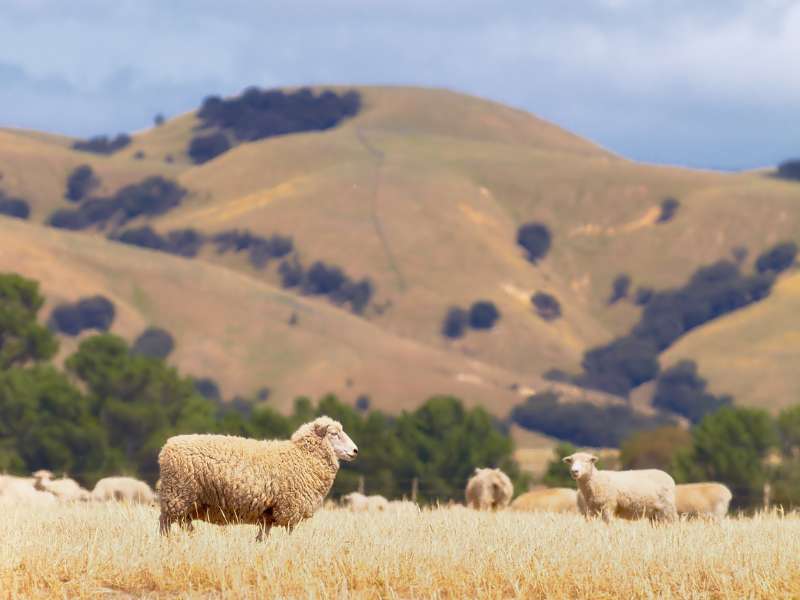
The wool is also biodegradable. So unlike other synthetic fibres that never decompose, merino wool decomposes after approximately 12 months.
6. Offers UV Protection
Another benefit of merino wool is that it provides protection from the sun’s UV rays by reflecting UV rays, unlike synthetic fibres, which absorb them. This makes a wool shirt an excellent choice when you’re hiking in warm in sunny conditions.
Admittedly, this isn’t an important feature if you’re using it as a base layer under other layers, but as you can see, merino wool clothing is very versatile.
7. Has Excellent Insulator Properties
In addition to being breathable, another benefit of merino wool is that it is an excellent insulator. It helps keep you warm in cold weather and cool in hot weather.
Additionally, the merino wool’s insulation will help protect you from wind and rain.
8. Merino Wool Is Lightweight

Another benefit of merino wool is that it is lightweight. This makes it ideal for clothing as it will not add unnecessary weight or bulkiness.
Additionally, the lightweight nature of merino wool makes it easy to pack for a backpacking trip or when travelling since it doesn’t take up much space.
9. Stain Resistant
Merino wool is also naturally stain-resistant. This is because the fibres of the wool are not as porous as synthetic fabrics, which means that they are less likely to absorb stains. Additionally, the natural oils in merino wool help to repel water and stains.
This feature is perfect if you’re eating over a campfire and it’s easy to spill on yourself or if you’re on a multi-day hiking trip and want to wear the same shirt several days in a row.
Or confession time, you’re someone like me, who always manages to spill a drop of your tomato soup on their shirt.
10. Wrinkle resistant
The fibres of the wool are elastic and resilient, which means that they are less likely to wrinkle than synthetic fabrics.
Additionally, the natural oils in merino wool help to keep the fabric looking fresh and new. This makes it a great choice for backpacking trips or when travelling.

11. Anti-static
While definitely not one of the most important benefits of merino wool, this is a bonus feature. Being anti-static, it won’t cling to your body or clothing as other synthetic fabrics can.
12. Fire-Resistant
I was astonished to learn that it’s fire-resistant. So it’s a great choice for your backpacking trip or sitting around a campfire.
You won’t have to worry about any fly-away sparks wrecking your clothing since it will just bounce off the merino fibres. Amazing!
13. Merino Wool Is Soft and Feels SO Comfortable On Your Skin
As I mentioned earlier, the fear of it being itchy was one of the biggest reasons I was resistant to trying merino wool. However, merino wool is very different than other types of wool that your typical itchy wool sweater is made from.
It’s made from lightweight, super fine wool fibres (about 1/3 of the diameter of a human hair!). Because it’s so thin, it’s not heavy enough to stand up on its own, so when it touches your skin, it feels very soft, even if you have sensitive skin.
14. Merino Wool Is an Evolving Fibre
It has evolved over the years to help regulate the sheep’s temperature in harsh environments. You’ll find happy sheep in temperatures ranging from 5°F (-15°C) to 95 °F (+35°C).
As the sheep’s environment continues to evolve, its merino wool will adapt with it.
15. Easy to Care For
While you should always check the washing instructions for your Merino wool garments, some items can be washed in the washing machine.
But if you have some warm water, you can also wash it quickly by hand when travelling or on a backpacking trip. Just lay it flat to dry so that it retains its natural shape.
Related Reading: 7 Reasons Why You Need an Emergency Thermal Blanket On Every Hike
FAQs About Merino Wool
Who are some of the most reputable brands that make Merino Wool products?
My three favorites are SmartWool, Icebreaker, ExOfficio. They’re made of soft wool, are high quality and will last for years with proper care.
Is Merino wool itchy?
No, unlike regular wool, Merino is the softest wool because its natural fibres are so fine (1/3 of the diameter of a human hair! It’s the larger fibres found in other types of wool that creates the itchiness.
How to wash Merino wool and care for it?
Always check the instructions of your garment but many items can be machine-washed on the gentle cycle in either warm or cool water with a mild soap.
You’ll want to avoid washing it in hot water as it may shrink the wool. Also, avoid bleach and fabric softener since the bleach destroys the wool fibres, and the fabric softener coats them, reducing their ability to manage moisture and odor.
You’ll want to lay it flat to dry, as hanging it may cause it to lose its shape and putting it in the dryer may shrink it. Fortunately, Merino wool dries quickly.
What’s the difference between Merino wool and regular wool?
The fibers of Merino wool are thinner and softer than regular wool fabrics, which makes is feel great against the skin and not itchy.
Where does Merino wool come from?

Merino wool comes from Merino sheep which where imported to Australia and New Zealand from Spain. You can read more about the history here.
Can you wear Merino wool in summer?
Yes, absolutely. The properties of Merino wool help regulate your body temperature it will help keep you cool, offer moisture control and helps minimize body odor. It even has UV protection!
Related Reading: The Best Hiking Jackets For Men and Women: + How To Choose
Conclusion
So now you know 15 benefits of Merino wool which shows why it’s my favorite fabric of choice for hiking.
Be sure to check out our hiking gear guides on hiking socks and hiking underwear which feature many Merino wool products.
